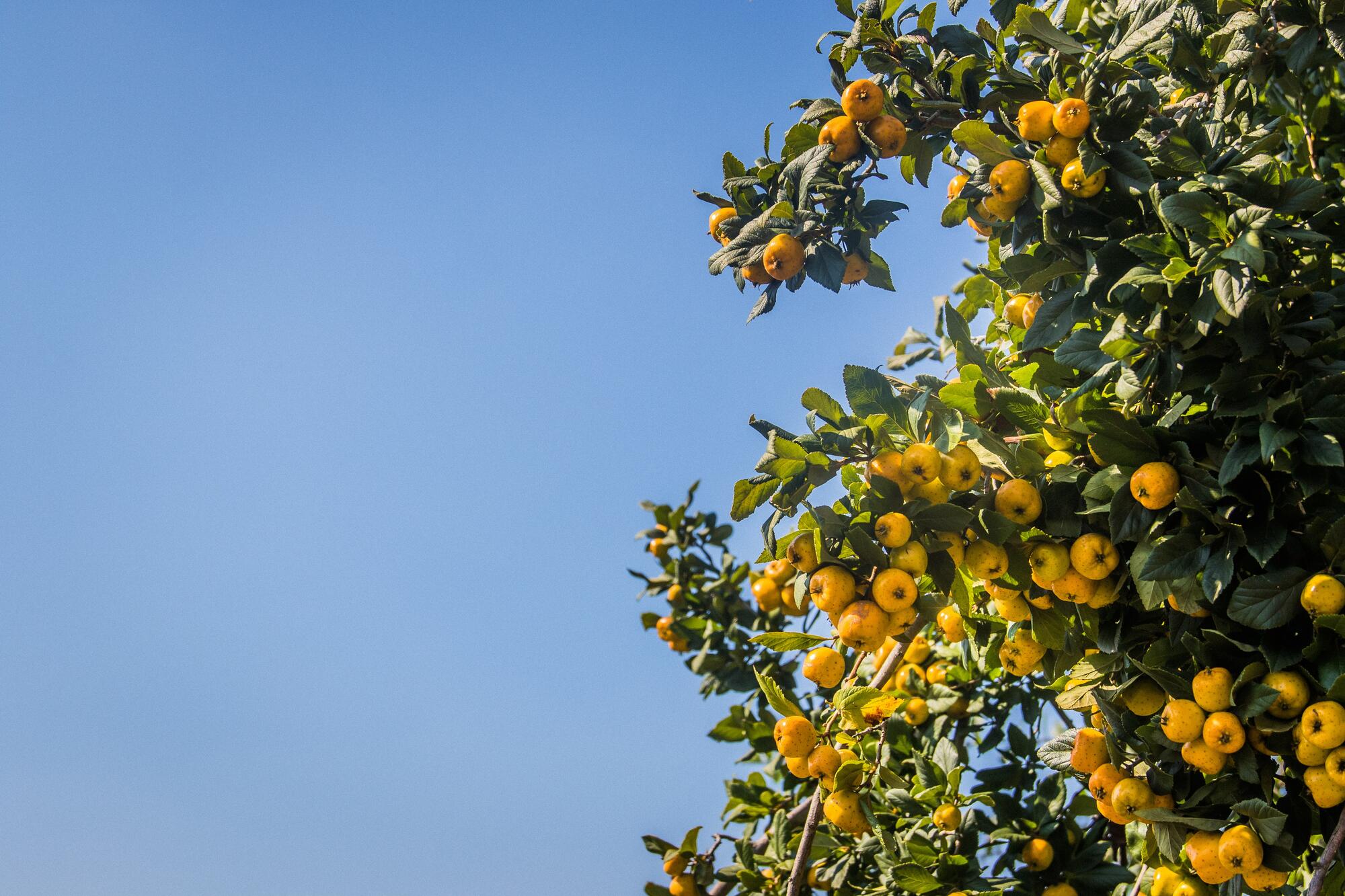Africa Regional Capacity Building Workshop on “Applications of Juncao Technology, Mushroom Production, Livestock Feed, and Environmental Protection”
Wed 31 Jul 2024, 8.00 am — Tue 06 Aug 2024, 6.00 pmBackground
The Division for Sustainable Development Goals of the United Nations Department of Economic and Social, in collaboration with the National Engineering Research Centre for Juncao Technology of the Fujian Agriculture and Forestry University (FAFU) of the People’s Republic of China, implemented a project entitled “Enhancing capacity of developing countries to achieve sustainable agriculture through the transfer of Juncao technology for alleviating poverty and promoting productive employment”. This project was funded by the UN Peace and Development Trust Fund. To support countries in achieving the Sustainable Development Goals and promote multilateralism and international cooperation, Chinese President Xi Jinping spearheaded a series of initiatives, notably the establishment of the China-UN Peace and Development Trust Fund, which encourages scientific and technological innovation and contributes to the work of the United Nations system and enhance the role of the United Nations. Hence, UNDESA’s Juncao Project addressed the capacity building needs of developing countries to support their national development aspirations, including eradication of poverty, reduction of hunger, use of renewable energy, promotion of employment, protection of the environment and responsiveness to climate change. The project fits the special conditions and needs of many developing countries and has the potential to help developing countries promote sustainable food systems, overcome development challenges and advance the implementation of the 2030 Agenda and the Sustainable Development Goals.
The 2030 Agenda for Sustainable Development recognizes that capacity-building forms part of the means of implementation for the SDGs (paragraph 41). Each SDG contains targets relating to means of implementation, including capacity- building. Moreover, SDG 17, which covers means of implementation and the global partnership for sustainable development, contains target 17.9 which aims to: "Enhance international support for implementing effective and targeted capacity-building in developing countries to support national plans to implement all the sustainable development goals, including through North-South, South-South and triangular cooperation”.
The hands-on capacity building workshop took place at the China-Rwanda Agriculture Technology Demonstration Center in Huye District, Rwanda and was conducted by experts from the National Engineering Research Centre for Juncao Technology of the Fujian Agriculture and Forestry University of China. The workshop was held from 31 July to 4 August and was followed by field visits around Huye and Kigali from 5 to 6 August 2024.
The primary objective of the workshop was to enhance the capacity of developing countries to achieve sustainable agriculture through the transfer of Juncao technology for alleviating poverty and promoting productive employment. The workshop targeted participants from the project’s pilot countries, Nigeria, Tanzania and Zimbabwe as well as participants from Rwanda.
The workshop facilitated the transfer of innovative agricultural techniques between China, Rwanda, and project countries in sub-Saharan Africa, adapting best practices to local conditions. To ensure that the transfer of Juncao technology is a key to sustainable results at a country level and that UNDESA’s Juncao Project’s efforts lead to lasting changes, this regional training workshop primarily involved enhancing the knowledge and skills of smallholder farmers, livestock farmers, government agricultural experts engaged with agricultural extensions services, and researchers with skills in Juncao technology.
Announcements

Multi-stakeholder partnerships

Capacity Development

Poverty eradication

